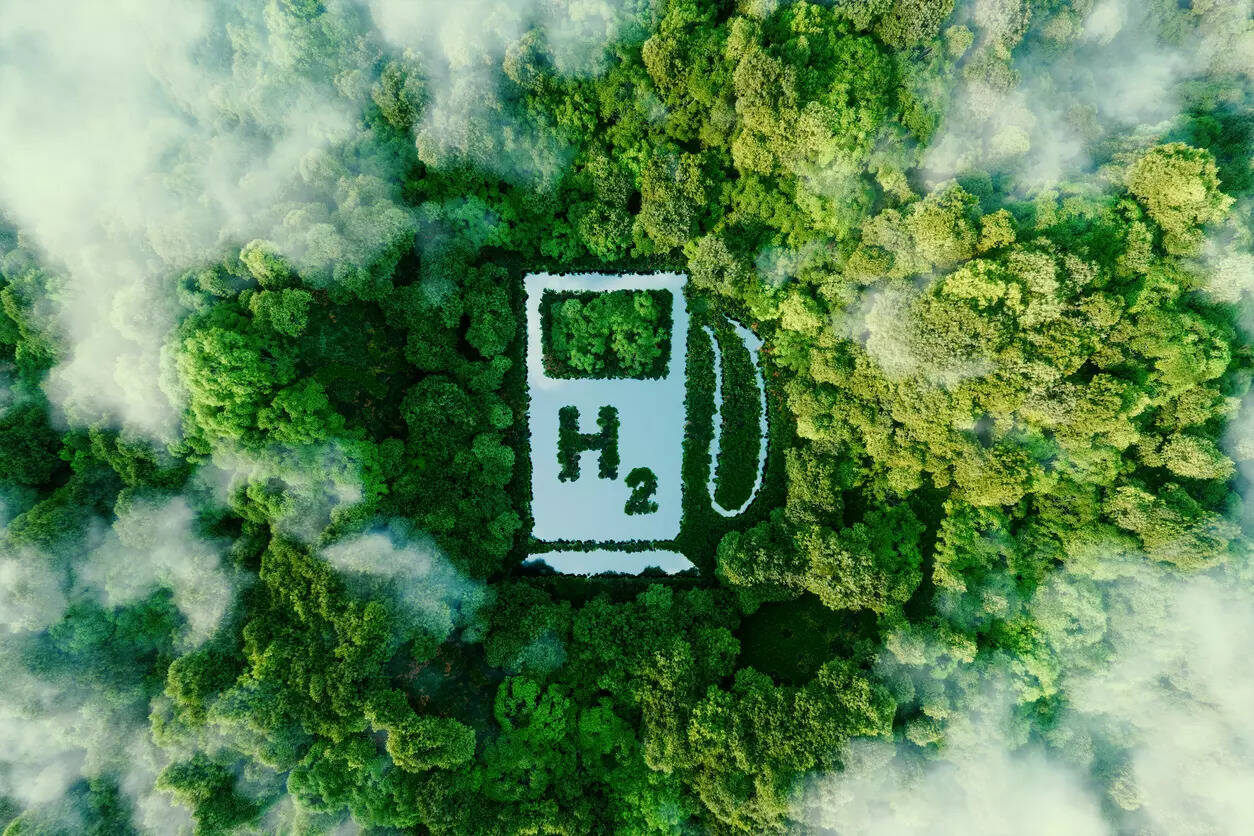
New Delhi: The government should introduce some subsidy for green hydrogen production to bring down its overall cost, according to Rahula Kashyapa, business head – B2B, ReNew.
“The cost of green hydrogen is more than double of the grey hydrogen, and renewable electricity costs amount to 60 per cent to 70 per cent of green hydrogen cost. Here, introducing some form of subsidy for its production is crucial to bring down the overall cost,” he told ETEnergyWorld in an exclusive interaction.
He added that ReNew is currently exploring large scale projects in four Indian states and two projects overseas to produce green hydrogen. The company has already signed a framework agreement in Egypt to set up a green hydrogen plant with capacity of 220,000 tonnes per annum.
To achieve well-rounded results from recent initiatives put in by the government, India needs to picture its position years down the line in the green hydrogen sector, he said.
“While we are off to a good start and are exploring collaborative opportunities with other nations to promote the production of green hydrogen, a stronger push might be necessary,” he added.
On capacity addition plans, he said that at present, ReNew has over 13 GW of clean energy assets.
“With our recent announcement of installing India’s first 3x platforms with wind turbine generators in Karnataka, we aim to have a total of 13.4 GW. With more expansion plans in place, about 1500 MW of wind power projects are under construction in parts of Karnataka, Maharashtra and Gujarat, planned in FY23, which will further boost our capacity,” said Kashyapa.
The company has recently rebranded itself to ReNew in order to tap the decarbonisation market. With this it plans to further the net-zero transition goals of enterprises.
“With the announcement of ReNew 2.0, the overall decarbonisation of the economy is going to be the key focus. ReNew aims to be the one stop shop for decarbonisation. On wind and solar, our business can be supported by solutions such as storage, hydrogen etc and the offerings would essentially include the overall value chain of decarbonisation,” he said.
He added that in order to make India an export hub and keep green hydrogen prices globally competitive additional benefits should be put in place such as waiver of taxes and duties for export oriented projects and for renewable energy plants.
Along with this mandatory consumption targets of hydrogento drive demand and encourage developers for putting investments in production plants should also be there, he said.
“Imposition of carbon cess would help in bringing cost parity with grey hydrogen, ammonia and methanol… Energy banking would help reduce the renewable energy power cost, thereby, improving project viability,” he said.
He added that waiver for ISTS charges for renewable power can be extended for 25 years for projects commissioned till 2030 and the government should also take lead in finalising green hydrogen definition and certification process wherein G20 forum may be leveraged.